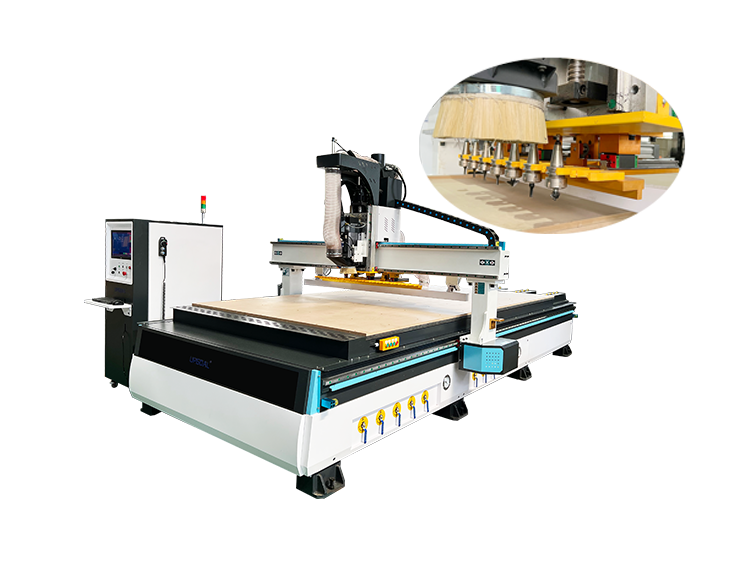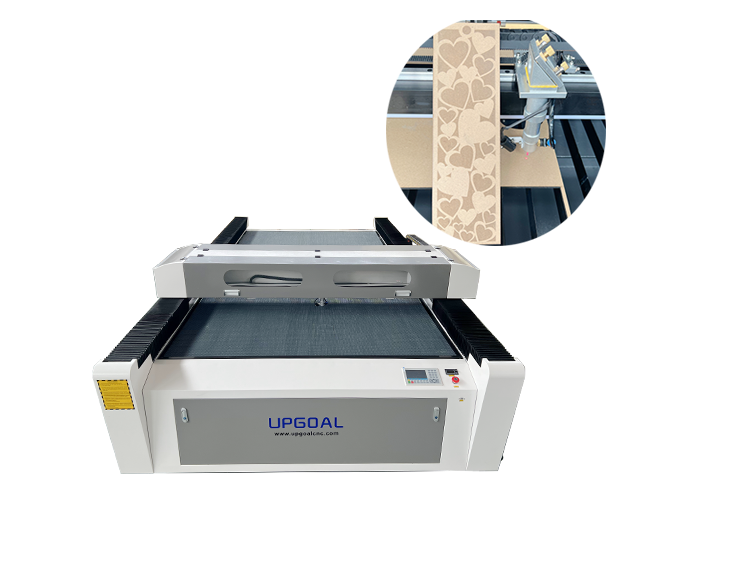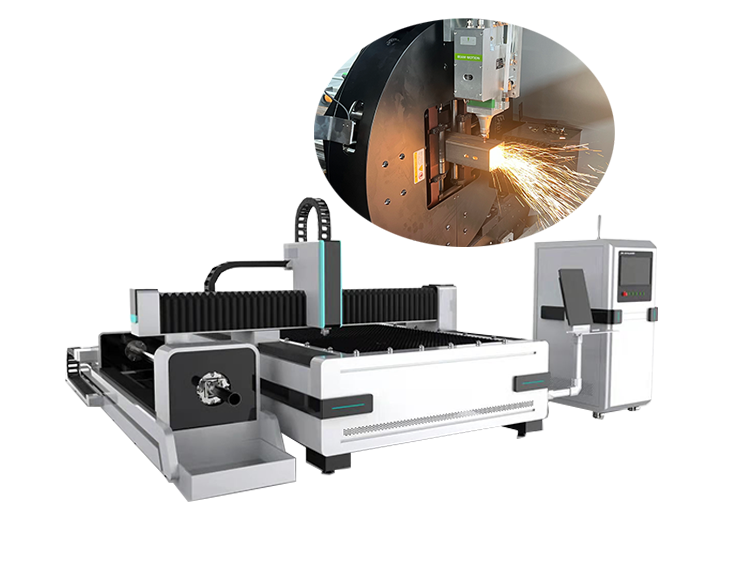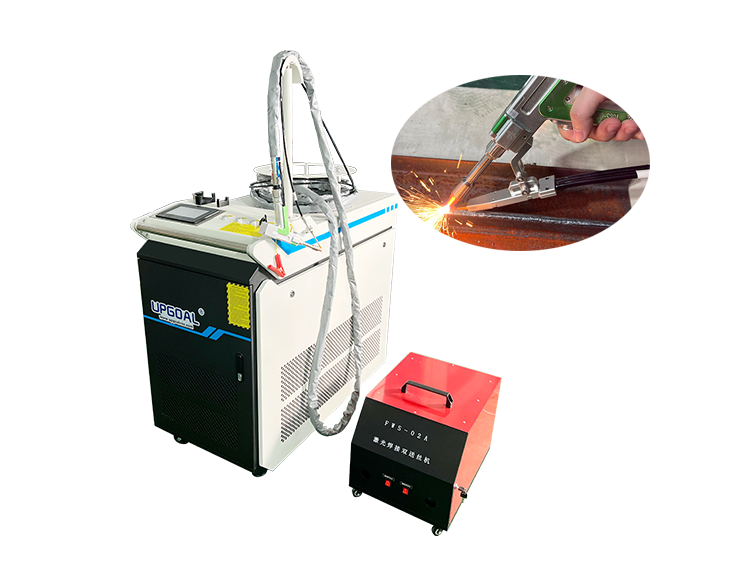Importance of adding antifreeze
When the temperature is below 0℃, antifreeze needs to be added to the machine. Antifreeze can prevent the coolant from freezing in
the cold winter, bursting the laser and the pipes inside the chiller and damaging the sealing of the pipes. It should be noted that our
chillers have certain requirements for antifreeze. Wrong selection or improper use will damage the internal pipes of the equipment.
The following requirements are required for selecting antifreeze: good antifreeze performance, corrosion resistance and rust
resistance, no swelling and erosion performance on rubber sealing conduits, low-temperature viscosity is not too large, and chemical
properties are stable.
Antifreeze addition ratio
In order to ensure the normal operation of the chiller and laser and prevent machine damage, it is recommended that the proportion
of antifreeze added should not exceed 30%.
Principle of antifreeze use: the lower the concentration, the better. Most antifreeze is corrosive. Under the condition of meeting the
antifreeze performance, the lower the concentration, the better. The shorter the use time, the better. When the temperature is
continuously above 5°C, the antifreeze needs to be completely drained, and the chiller needs to be rinsed with purified water or
distilled water for multiple cycles, and then replaced with the commonly used purified water or distilled water. It is not advisable to
mix. Antifreeze of different brands should be avoided to avoid chemical reactions, precipitation or bubbles due to different main
ingredients or additives.
In order to ensure the normal operation of the chiller, it is recommended to maintain the working environment temperature above 0°C
to prevent freezing and avoid adverse effects on the equipment. Before restarting the industrial chiller in winter, it is necessary to
check whether the chiller water circulation system is frozen.
If freezing occurs, first turn off the power supply of the chiller and related equipment to avoid damage to the machine. Subsequently,
a heater (or small sun) can be used to heat the chiller to help melt the ice layer. When the ice layer is completely melted, the chiller
can be restarted. During the process, don't forget to carefully check the chiller, external pipes and related equipment to ensure that
the water circulation pipes are unobstructed. If the ambient temperature is below 0°C, if the user's own conditions allow and there is
no local power outage, the user can choose not to shut down the chiller at night and keep the chiller running for 24 hours to ensure
the circulation of cooling water and prevent freezing.
Temperature control settings for fiber laser chillers in winter
Maintenance methods for chillers when shut down in winter
When the ambient temperature is below 0°C and is out of service for a long time, we need to drain the equipment to prevent it from
freezing and cracking.
Drain cooling water: Open the drain valve at the bottom of the equipment and drain the cooling water completely. When draining the
inside of the chiller, the inlet and outlet pipes need to be removed, and the water inlet plug and drain valve need to be opened.
Blow dry the pipes: Use a compressed air gun to blow the water out of the pipes inside the equipment. Note: Do not use an air gun
to blow air into the joints with yellow sticky notes above/on the side of the inlet and outlet to avoid damage.
Placement treatment
After cleaning and drying the inside and outside of the chiller, it is recommended to temporarily store the equipment in a place that
does not affect production, and use a clean plastic bag or insulation bag to package the equipment to prevent dust and water vapor
in the air from entering the equipment.
The best operating environment temperature and humidity for laser equipmentTemperature: 25±3℃Humidity: 80±10%Acceptable
operating environment temperature and humidity for laser equipmentTemperature: 5-35℃Humidity: 5-85%The operating environment
of laser equipment in winter should not be lower than 5℃The CWFL series chiller has two cooling water circuits, the low temperature
end cools the laser, and the high temperature end cools the laser head. In the intelligent temperature control mode, the cooling
temperature changes with the room temperature and is 2℃ lower than the room temperature. The temperature is low in winter.
According to the user's cooling water temperature requirements, it is recommended to set the high temperature end temperature
control mode to constant temperature mode to meet the user's demand for a fixed value of the laser head cooling temperature.
The user can set it according to the actual situation of the equipment.










